Was it because Tang poetry was too vast and profound, leaving little room for innovation, so Song literati pivoted to a new form? After all, ci was also known as “poetic surplus” (shiyu), a name that reveals its supplementary role.
Today, short videos often pit Su Shi against Li Bai as literary titans, with many viewers claiming Su Shi prevails. Damn, this is cultural misinformation! The more one understands poetry, the clearer Li Bai’s unparalleled genius becomes. The gap between Su Shi and Li Bai spans at least the Four Scholars of Su Shi’s School, the entire Jiangxi School of Poetry, and beyond. Li Bai’s poetic mastery isn’t something collective effort can surpass.
Did Su Shi not aspire to excel in poetry? Of course he did! But facing an unbeatable talent like Li Bai, he turned to innovate in ci. Some pretentious video creators claim ci is “elegant” and dismiss poetry—such posers should get lost! For millennia, poetry (shi) has reigned supreme in Chinese literature. Ever heard of “poetry, ci, songs, and prose” (shi ci ge fu)?
Chinese literary history features once-in-a-millennium giants: Laozi’s Daodejing, Zhuangzi’s Zhuangzi (Nanhua Jing)—who dares rival their prose? Cao Zhi’s Ode to the Goddess of Luo alone birthed idioms like “luminous eyes and charming glances” (mingmou shanlai), “treading on rippling waves” (lingbo weibu), and “elegant as a startled swan” (pianruo jinghong). Unlike Wang Bo’s Preface to the Pavilion of Prince Teng (often hailed online as the “greatest parallel prose”), Cao Zhi coined phrases ex nihilo, with no precedents.
Wang Bo’s lines in Preface heavily borrowed classics:
- “Dragon’s light pierces the constellations” → Book of Jin
- “Xu Ru descended from Chen Fan’s couch” → Book of Later Han
- “Guests and hosts, all paragons of the southeast” → Classic of Poetry
(…and 20+ more citations, abbreviated here.)
In contrast, Cao Zhi’s creations like mingmou shanlai or pianruo jinghong had zero sources—pure genius. No wonder Xie Lingyun declared: “If all talent under heaven were one dan [unit], Cao Zhi alone claims eight dou; I take one; the rest share the final dou across all ages.” (Though Xie inflated his own worth, his awe for Cao Zhi was genuine.)
The notion of “Tang poetry, Song ci, Yuan operas, Ming-Qing fiction” persists because Tang poetry peaked—unmatched by Song writers who turned to ci. Yuan creators, finding both forms exhausted, embraced operatic verse (qu). By Ming-Qing times, only fiction remained unexplored.
Each era has its unique literary zenith. In prose, who rivals the Hundred Schools of Thought? Confucian, Daoist, Mohist, Legalist texts—Laozi, Zhuangzi, Mencius, Hanfeizi… These masters’ writings flow like “torrential rivers” (taotao jiangshui), unstoppable as “Yellow River floods” (huanghe fanyu).
Another absurd claim: “Had Wang Bo lived as long as Li Bai, he’d surpass him.” Compare their poems—this collapses instantly. Or that Spring River Flower Moon Night “overshadows all Tang poetry”? If true, why wasn’t it in the Three Hundred Tang Poems? Modern hype aside, it’s a tier-7 work; tier-9 belongs to Li Bai, Du Fu, Qu Yuan, Tao Qian, Cao Zhi, and Bai Juyi.
Bottom line: Short videos entertain—but believing them makes you gullible.
Comment 1:
Form is but a vessel for thought. Obsessing over poetic form while ignoring substance is shallow. Human thought evolves: when 5-character verse plateaued, 7-character emerged; when that stagnated, ci’s irregular lines arose. When words failed, fiction and drama expanded expression. Film immortalizes moments for posterity. Art’s forms will keep evolving, but its core—human thought/emotion—remains eternal.
Comment 2:
I agree society progresses, but where’s the modern poet who outshines Li Bai? We inherit 5,000 years of culture, with more literate people than ever. Why no transcendent genius?
Comment 3:
Must we rank art like boxing? Poetry isn’t “right vs. wrong.” Writers didn’t compete—why force them into arenas? Flaunting “knowledge” by debating long-dead bards is pretentious.
Comment 4:
Mastering a new form after the old peaks is genius. Li Bai = poetry; Su Shi = ci. Equally legendary.
Comment 5:
Clouds drift in sky, water rests in vase—all are geniuses; none mediocre.
Comment 6:
OP’s core logic is flawed. Not all Tang writers surpassed Song writers. If poetry “peaked” in the High Tang, why didn’t Middle/Late Tang poets switch to ci? Art forms develop organically via history, not individual pivots.
Comment 7:
Economic growth expanded the urban class. Hence: Tang poetry → Song ci → Yuan operas → Ming-Qing fiction. Each grew more accessible. (Books say so!)
Comment 8:
Lengthy rants ≠ depth. By OP’s logic, Li Bai “fails” for writing zero ci—which is absurd. Apples vs. meters. Objectively, Li Bai > Su Shi in poetry, but Su Shi > Li Bai in overall literature: Su mastered poetry, ci, prose, and blended styles. Still, Su lived in China’s literary zenith—surpassing predecessors is natural.
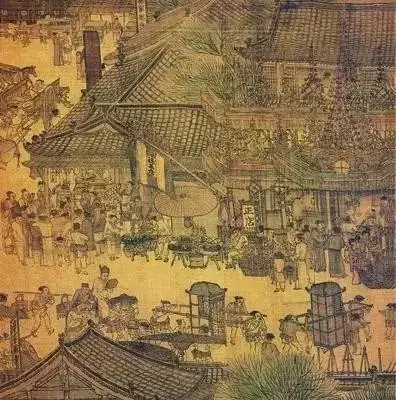
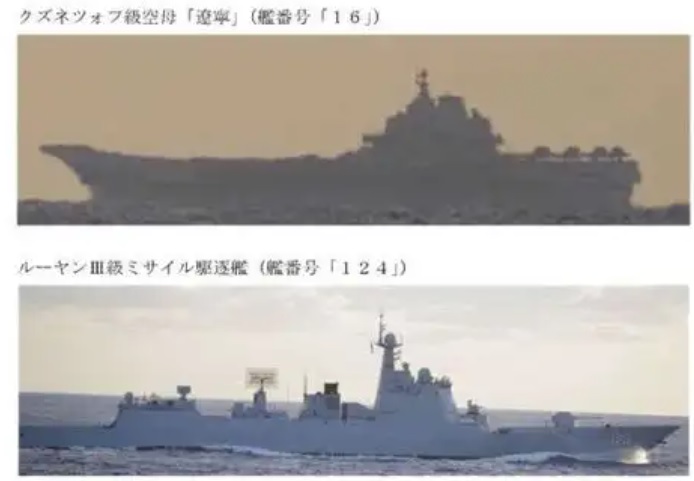
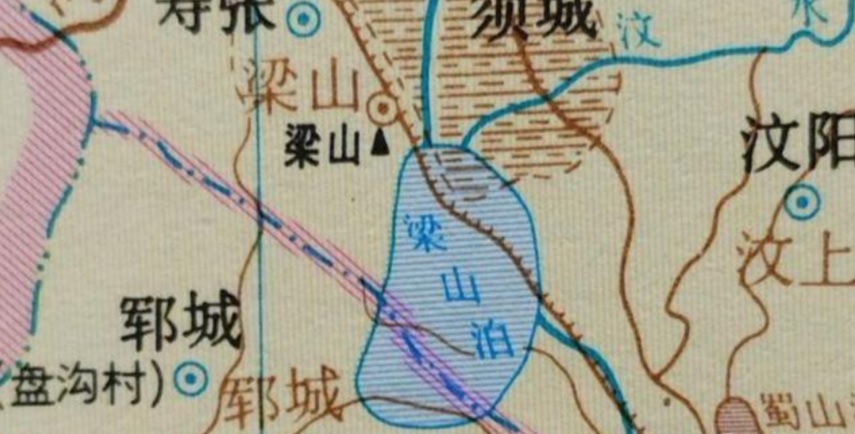
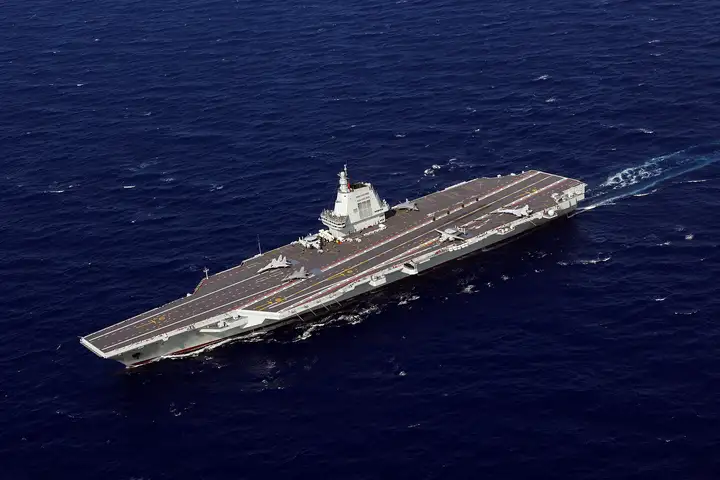
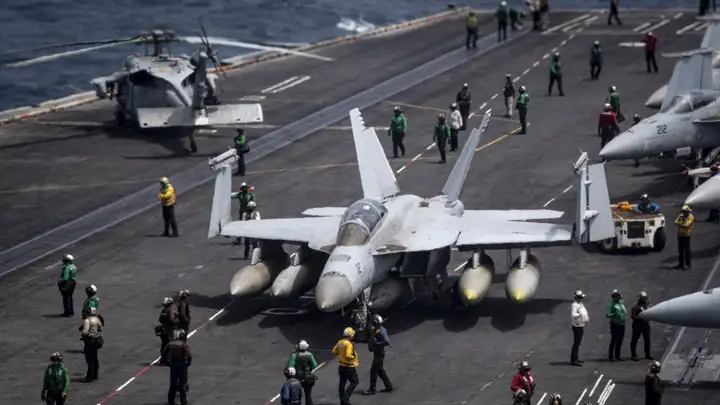
Want to join the 91 club? Getting the right invite code can unlock some sweet benefits. You can use this official or fan made website to find working 91club Invite codes: 91clubinvitecode
Trying my luck on 199bet1, and so far, so good. A reliable spot with a decent variety of sports to bet on. Give it a look at 199bet1.